


Our friends at Labor 411 continue to offer ways to celebrate holidays and support good American jobs at the same time. This week, of course, the 411 folks are highlighting the Fourth of July. They begin with Old Glory itself – noting that of all the flag versions (foreign and domestic) sold in America, you can’t do better than ones produced by the union workers of Annin Flagmakers (United Food and Commercial Workers) or Artflag (Workers United).
Doubling down on the red, white and blue spirit, Labor 411 suggests stocking up on like-colored edibles, quaffables and utensils, including:
Red: Solo Cups, Red Vines, Coca-Cola, Wine (C.K. Mondavi, Gallo Estate, Turning Leaf), Salsa (Old El Paso, Tostitos, Pace)
White: Popcorn (Act II, Orville Redenbacher, Smartfood), Domino Sugar, Chicken (Foster Farms, Banquet, Tyson), Milk (Alta Dena, Darigold, Horizon)
Blue: Pepsi,
» Read more about: Flagonomics — Supporting Good Jobs With Your Fourth of July Dollars »



In Harris v. Quinn, the Supreme Court held by a 5-4 margin that an “agency shop” requirement—under which unionized public employees must pay their fair share of the costs of negotiating and administering a collective-bargaining agreement whose benefits they enjoy—may not be imposed on homecare workers who are (in the conservative majority’s view) only tenuously employed by the State of Illinois. Doing so, the conservatives held, violates the First Amendment.
The decision creates real obstacles for homecare workers in Illinois, California and other states who wish to have well-funded, effective unions representing them (and who don’t want to have their colleagues free-ride on the dues they pay to support such unions). This was a serious blow for homecare workers, but the obstacles are ones that can be overcome.
The bigger story of Harris v. Quinn is what didn’t happen: the conservative justices did not end fair-share fee arrangements altogether for public-sector workers.
» Read more about: Why Harris v. Quinn Is No Sweeping Victory for Conservatives »


Technology is radically transforming the ways we work and the ways we learn, nowhere more so than in the world of online education. But will the shape of the future be drawn solely by corporate leaders in the technology industry, or will parents, students and teachers have a voice in what tomorrow’s digital classroom looks like?
As the online education sector grows, the public’s stake in that question becomes ever more paramount. One way in which virtual teachers are seeking to ensure that the pursuit of profits does not come at the expense of students, parents and educators is by organizing to join the California Teachers Association. (Disclosure: CTA is a financial supporter of Capital & Main).
Below is the first in our series of posts written by teachers at the California Virtual Academies (CAVA), an affiliate of K12, a for-profit,
» Read more about: Lesson Plan: Protecting Students In Online Schools »
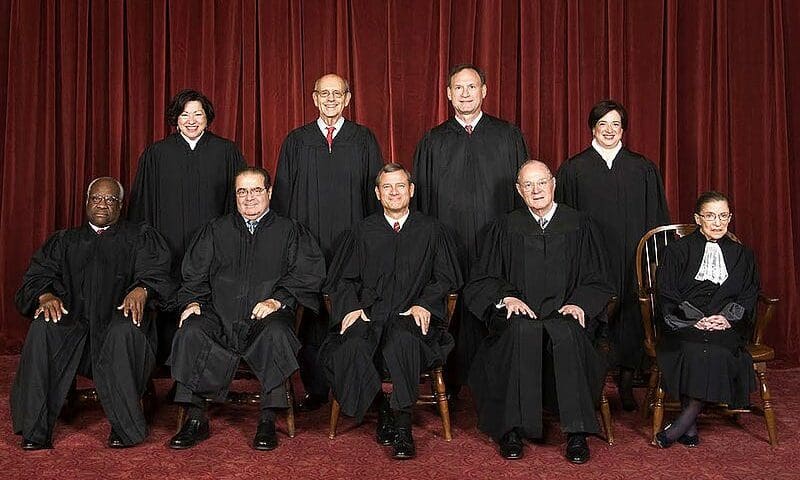

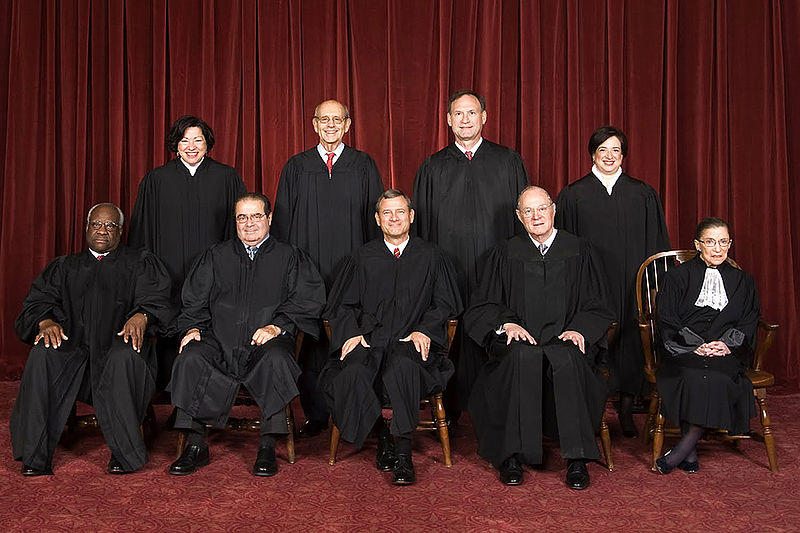
(Editor’s Note: Richard Kirsch’s feature first appeared on the Roosevelt Institute’s Next New Deal blog, as well as on Huffington Post. It is cross-posted here with the author’s permission.)
A huge sigh of relief mixed with curses. That’s my reaction to the Supreme Court’s decision today to block home care workers in Illinois from being required to pay union dues, while continuing to allow public employee unions to collect dues from all the workers they represent. The decision in Harris v. Quinn blocks the right-wing assault against one of the most important pillars of progressive infrastructure, public employee unions, but will add to the challenge of raising wages and benefits in the surging low-wage workforce.
First, some background on the case: As part of the right’s ongoing attack on working people, a right-wing legal group recruited a handful of home care workers in Illinois to challenge the state’s requirement that the workers pay union dues.
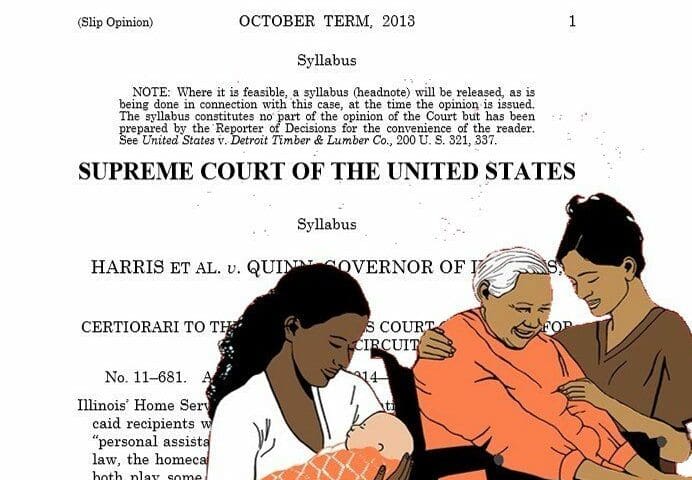


Monday’s U.S. Supreme Court ruling in Harris v. Quinn, which settled an Illinois lawsuit filed by the National Right to Work Foundation, did not strike down the ability of all public employee unions to collect fees from workers. It did, however, appear to create a new class of worker – the “partial public employee” – that could seriously hinder those unions’ organizing efforts.
While it remains to be seen exactly how the court’s decision will play out in the months to come, California in-home caregivers and organizations that represent them and their clients vowed today to carry on with their work. On a teleconference held within hours of the court’s ruling, representatives of unions and care recipients spoke of the importance of unions in the transmission of home health care.
“Homecare workers are a classic example of a workforce that needs to bargain collectively,” said Gary Passmore,
» Read more about: After the Harris Ruling: Home-Care Workers Will Continue to Organize »



In a closely watched decision, the U.S. Supreme Court this morning ruled that home-care workers cannot be compelled to pay fees to the unions that represent them. The ruling in the Harris v. Quinn case was narrow in its scope — there had been speculation that a majority of the justices could throw out the high court’s 1977 Abood decision that had authorized all public-sector unions to collect dues from workers for whom the unions negotiated contracts.
According to the Los Angeles Times:
In a 5-4 ruling written [by] Justice Samuel A. Alito Jr., the court said these employees, some of whom care for their disabled children at home, have a constitutional right not to support a union they oppose. The decision is a victory for the National Right to Work Foundation, which took up the cause of several mothers who objected to paying union fees.



Imagine walking outside and breathing fresh air instead of today’s exhaust. Imagine taking your lunch scraps to a compost bin while a modern trash truck makes its way down your street. And then imagine the convenience of tossing your recyclables into a blue bin, and knowing that this has lowered your trash bill while helping the environment.
Los Angeles is on track to becoming a national environmental leader with its landmark Zero Waste LA system, which covers waste and recycling collection for apartments and businesses. In April, the Zero Waste LA policy was adopted by Los Angeles’ City Council. The system will carve out 11 exclusive waste franchise zones that will reduce truck traffic and increase recycling and composting – with three of the zones designed to incubate small waste haulers’ growing businesses and protecting long-term competition.
The next step — the Request for Proposals, or RFP — was just approved by the Board of Public Works on June 11,


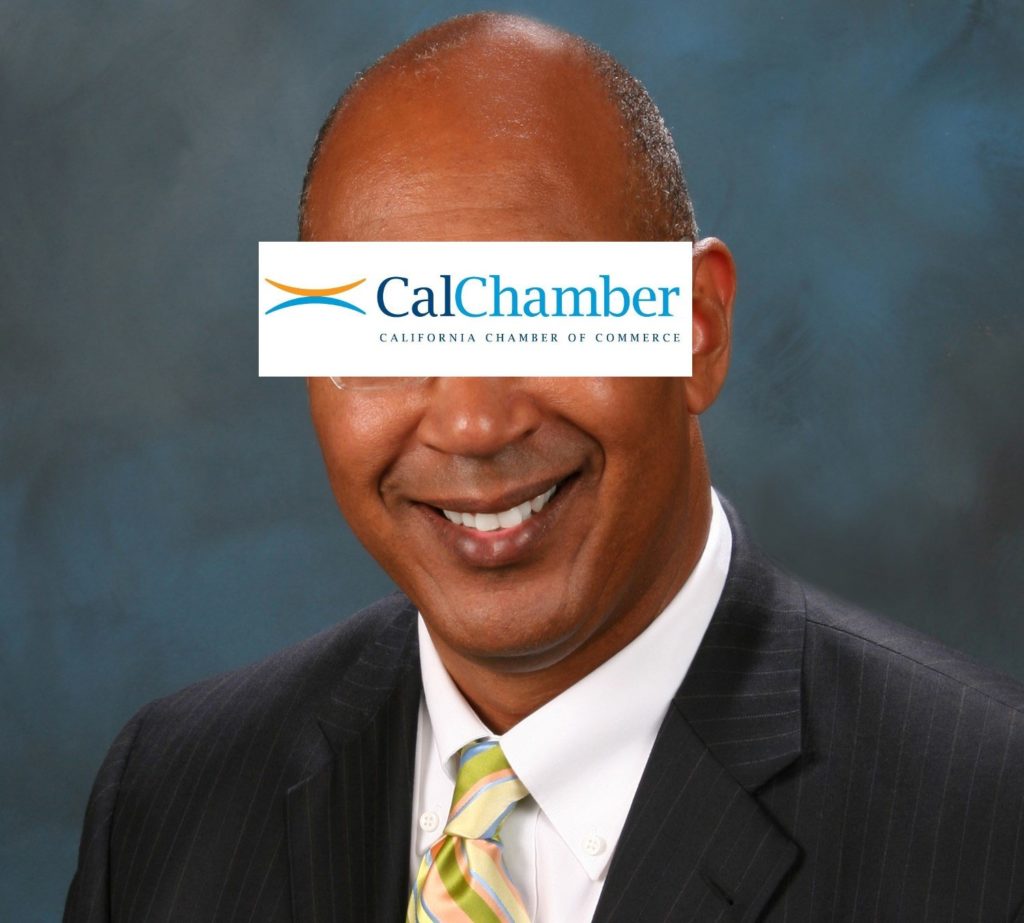
On Wednesday, Assemblymember Chris Holden (D-Pasadena) thwarted an effort to raise California’s minimum wage. By abstaining, he helped kill a proposal to raise the wage to $13 an hour in 2017.
Many of Holden’s constituents are wondering: Why? Is Holden one of those “corporate Democrats” that Pulitzer Prize-winning journalist Gary Cohn has recently exposed in eye-opening reports? Although Holden often supports pro-union bills, he typically looks to find pro-business compromises to secure his “yes” vote on labor-oriented legislation. His abstention on the minimum wage bill was a “big disappointment,” according to a key union activist in Sacramento.
Across the country, there’s a growing movement to address the nation’s widening economic inequality. One key part of this movement is the accelerating wave of cities and states seeking to raise the minimum wage. President Obama has proposed raising the federal minimum wage to $10.10 an hour.



“In states and cities across the country, lawmakers are expressing new skepticism about privatization, imposing new conditions on government contracting, and demanding more oversight.”
— The Atlantic, 4/23/14
“Is privatization a magic wand? Is it always going to come in and save you money? No. You have to do this well. You have to do your due diligence. You have to do a good contract and then you have to monitor and enforce that contract.”
— Leonard Gilroy, Reason Foundation Director of Government Reform
“The ideological fervor for privatization has ebbed.”
— John D. Donahue, privatization expert, Harvard’s Kennedy School of Government
Statements like these would have been unthinkable just a few years ago. For decades, runaway outsourcing of public services and assets enjoyed nearly nonstop momentum at the state and local levels. But when even the Reason Foundation is agreeing with us about responsible contracting,
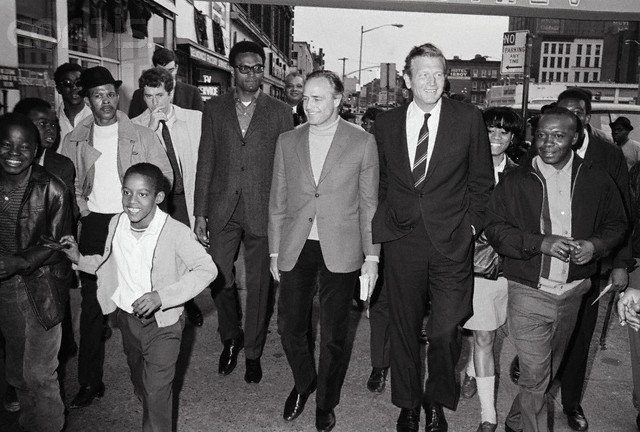

“The enemy of the actor is the mind,” Marlon Brando once wrote in notes he compiled for a 2001 series of acting seminars that he planned to film and distribute under the title, “Lying for a Living.”
Brando, of course, meant that in performance, acting is an emotional rather than intellectual activity. But according to Brando’s Smile: His Life, Thought, and Work, Susan Mizruchi’s engaging, insightful and rigorously researched new biography of the man universally acclaimed as the 20th century’s greatest actor, understanding the often antagonistic dichotomy between a capacious intellect and a vast, intuitive talent goes a long way to cracking the enduring enigma that is Marlon Brando.
“He modeled,” Mizruchi tells Capital & Main, “a kind of social activism – the idea that actors were obligated in some sense to use their fame to help others.”
By the late ’60s, however, the actor’s reputation was in decline.